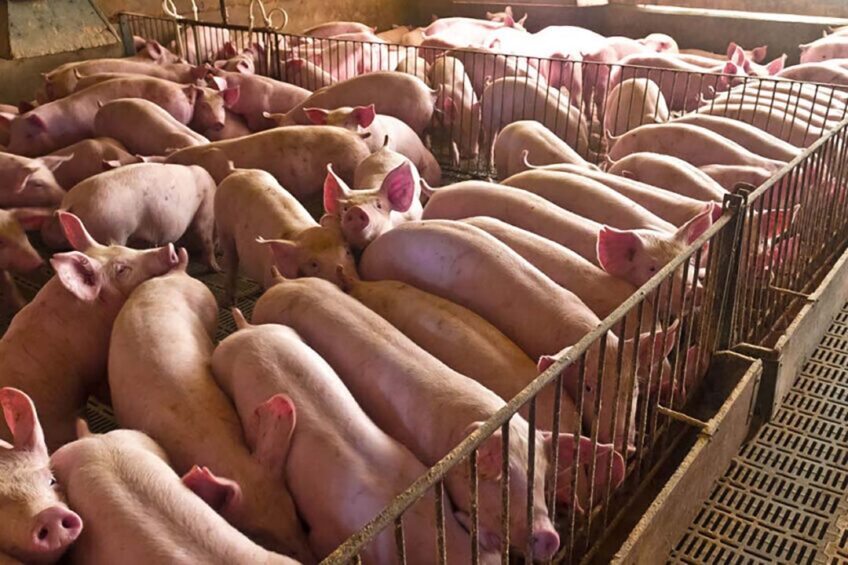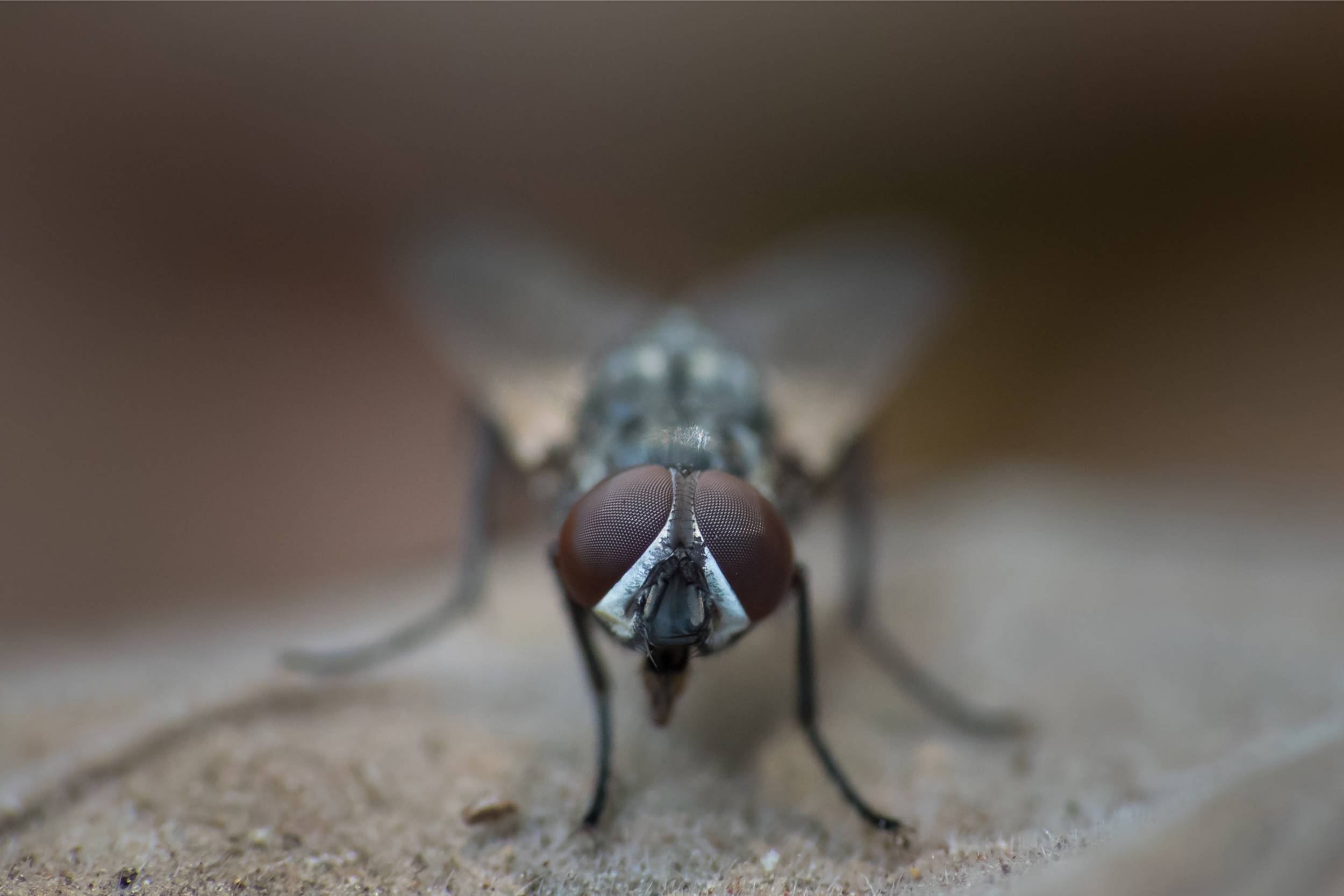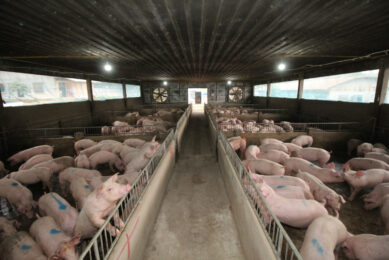ASF Philippines: outbreaks demand fast vaccine rollout

As a fast ASF vaccine rollout is required to save the country’s pig population, the Philippine Department of Agriculture (DA) is urging local government units to declare a state of calamity after confirming ASF outbreaks. This would grant them access to funds for enhancing biosecurity, the Philippine News Agency reports.
Reports show that Vietnam (the first producer of ASF vaccines) has reported 343 ASF outbreaks in 38 provinces from January to September 2023, with 34,000 pigs lost. Following the outbreaks, farmers and vaccine developers hope for a faster vaccine rollout in the affected provinces. The same goes for the Philippines, which hopes for a fast rollout of the ASF vaccines from Vietnam, following recent ASF outbreaks.
Antique province
A strict 24-hour border control is observed in Antique to prevent the spread of ASF, which is confirmed in 4 municipalities in the province. As of August 15, 2023, the 4 affected towns have reported PHP60 million in losses due to 6,892 swine deaths, according to the Office of the Antique Provincial Veterinarian (ProVet).
In addition to sourcing pork from nearby provinces, the provincial government considers importing from ASF-free countries, especially in anticipation of the increasing demand for pork during the Christmas season.
Oriental Mindoro province
In the early month of October, 2 towns (Roxas and Mansalay) in the province were placed under a state of calamity following the outbreak of ASF.
Romblon province
In this province, the police help the Municipal Agriculture Office (MAO) enforce the ban on pigs and pork products from outside the town’s borders as part of strict quarantine measures against ASF, following an outbreak of the disease.
Iloilo province
The province imports pork free from ASF to address the demand from consumers in the province. The swine sufficiency went down to about 33%, according to the records of the Provincial Veterinarian’s Office. Provincial Veterinarian Dr. Darel Tabuada attributed the decline of supply to swine deaths due to ASF, and farmers disposing of their stock rather than taking the risk of being hit by the disease.
Key to biosecurity leverage
The Department of Agriculture (DA) urged local government units (LGUs) not to hesitate or delay declaring states of calamities once ASF outbreaks are confirmed. In an interview, DA Undersecretary Deogracias Victor Savellano said LGUs coping with the highly infectious animal disease badly need funds for enhanced biosecurity measures. “There is an urgent need to conduct fogging operations, laying out foot baths, and other sterilisation activities to prevent the disease from jumping from one farm to another. These are costly activities because they have to be implemented province-wide. Otherwise, we cannot contain the spread of ASF,” he told the Philippine News Agency.
He highlighted that the DA is currently reviewing 2 prospective ASF vaccines. The agency is streamlining its process for approving veterinary pharmaceuticals. Savellano called on more animal pharmaceutical companies to submit their prototype vaccines for government testing to hasten the potential approval. Once an effective vaccine is approved, he said it is the DA’s goal to vaccinate up to 80% of the country’s swine population to achieve herd immunity.
According to the Philippines’ National Disaster Risk Reduction and Management Council guidelines, provincial governments with ASF outbreaks in at least 2 towns must declare a state of emergency for disaster funds to be released.
Philippine-Russia collaboration to boost imports
The Philippine and Russian governments convened a 2-day Joint Commission on Trade and Economic Cooperation (JCTEC) meeting held in the Philippines on October 4 and 5, 2023.
Russian Deputy Minister of Industry and Trade Alexey Gruzdev and Philippines Trade Undersecretary Ceferino Rodolfo co-chaired this 3rd Philippine-Russia collaboration. During the meeting, Alexey Gruzdev highlighted Russia’s interest in competing with the country’s traditional suppliers and guaranteeing that its meat— from pork, beef, and poultry products— is of high quality and would be sold “at an acceptable price”.
“We proposed to stay as an alternative channel for sourcing these important goods to the Philippines, to our friends,” he said. Gruzdev said the JCTEC meeting was put on hold for 4 years “due to Covid constraints”. Russia hopes to start convening it annually, with Moscow as the venue in 2024.
The Philippine-Russia joint venture is expected to complement the intended reduction of pork import tariffs and boost imports to meet the country’s meat demand. This sounds like a well-timed collaboration as reports show a decline of 4% in the Philippines’ meat imports for the year 2023.











